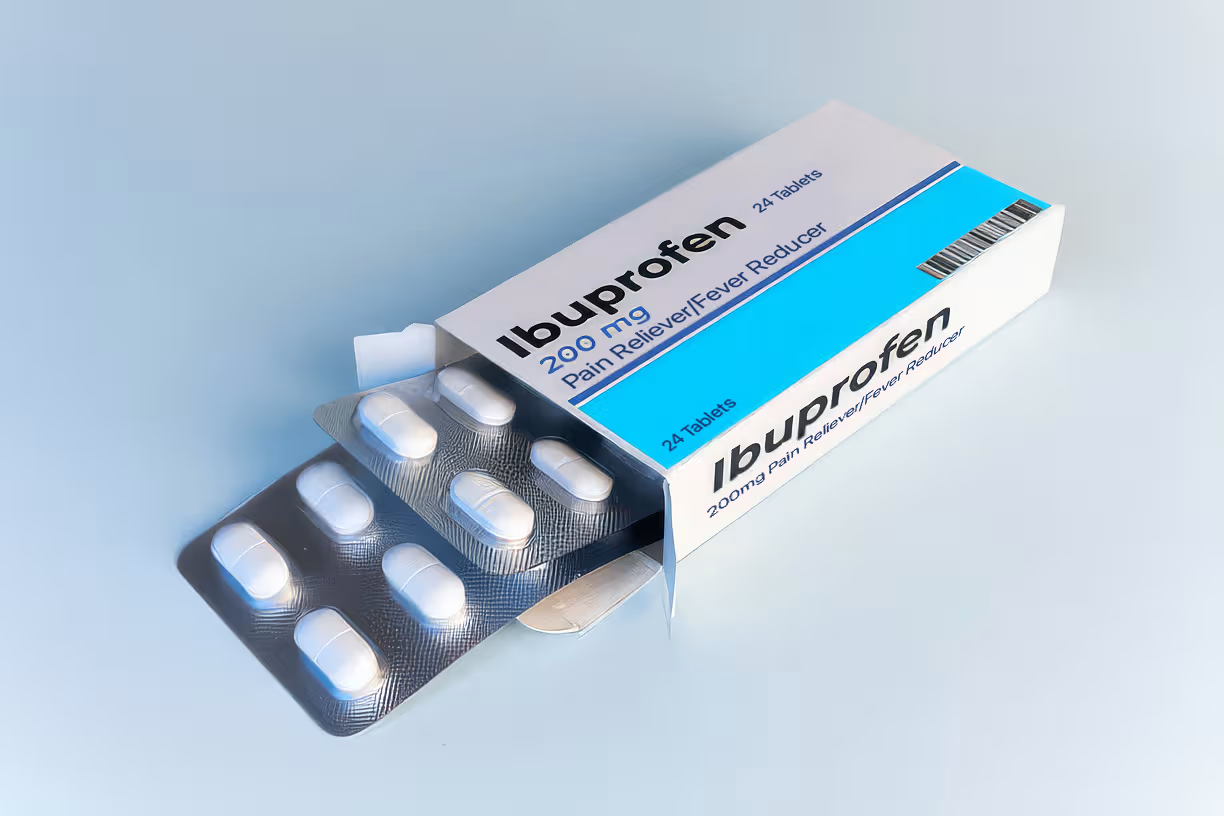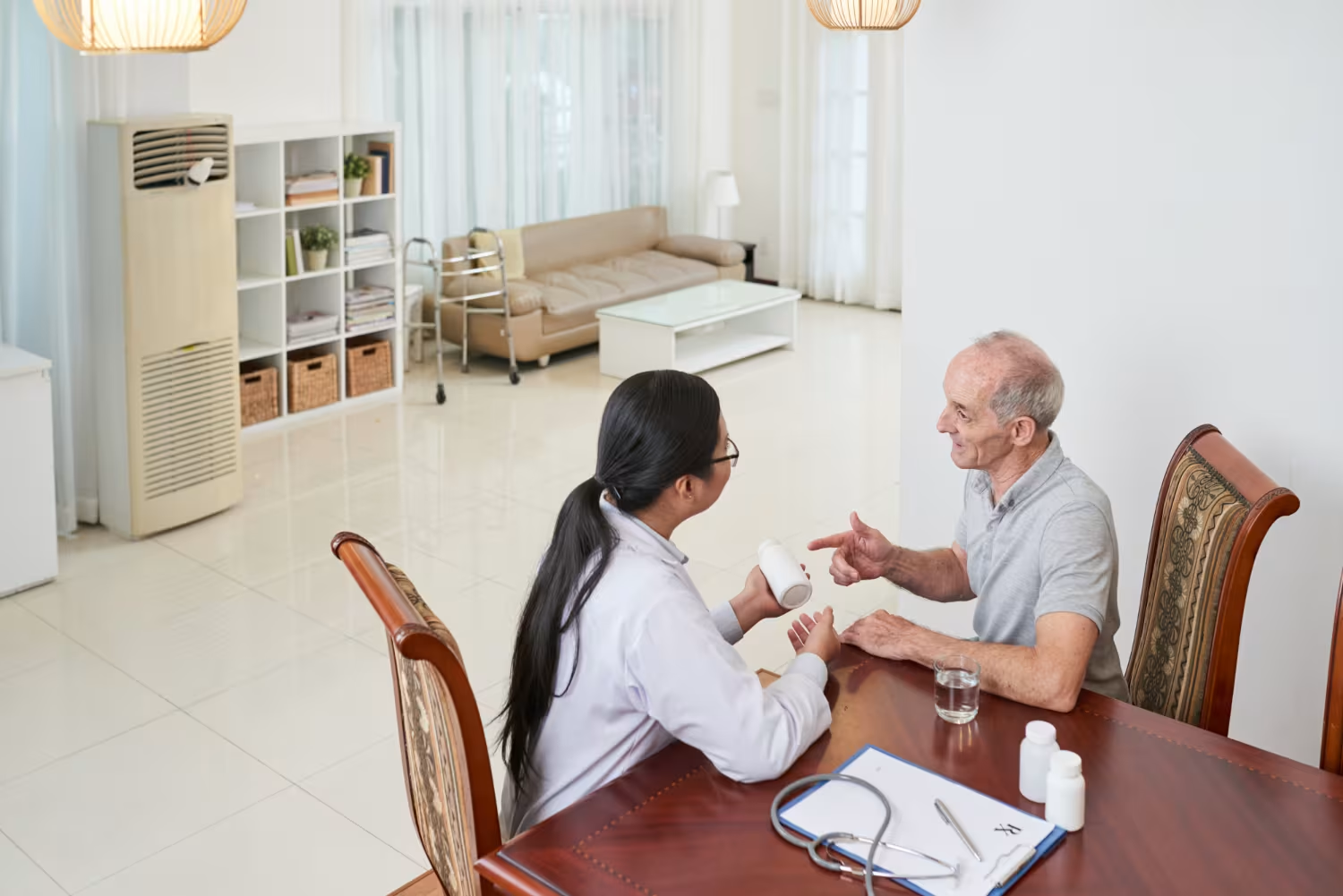
World Sepsis Day, observed on September 13th, is a crucial reminder of the dangers of Sepsis—a life-threatening condition that requires immediate medical attention. Sepsis is often misunderstood and can progress rapidly, making awareness and education vital.
Sepsis claims 11 million lives globally each year. It occurs when the body's response to an infection becomes extreme, triggering widespread inflammation that can lead to tissue damage, organ failure, and even death. It's a medical emergency, and recognizing the signs early can be the difference between life and death.
The signs can be subtle and are often mistaken for other conditions, making it crucial to be aware of the symptoms. The common signs of sepsis include:
If you or someone you know exhibits these symptoms, especially following an infection, it's critical to seek medical attention immediately. This condition can escalate quickly, so early intervention is key.
Sepsis usually begins with an infection, which can be bacterial, viral, fungal, or parasitic. While any infection can lead to sepsis, certain infections are more likely to cause it, such as:
Certain populations are at higher risk, including the very young, the elderly, those with chronic conditions (like diabetes or cancer), and individuals with weakened immune systems.
The survival rate varies greatly depending on the severity of the condition and how quickly it is treated. Without prompt treatment, sepsis can rapidly progress to septic shock, where blood pressure drops to dangerously low levels, leading to organ failure.
Prevention is always better than cure, and there are several steps you can take to reduce the risk of developing sepsis:
Sepsis is a serious condition that can develop rapidly and have life-threatening consequences. However, with greater awareness and understanding, it is possible to recognise the signs early, seek prompt medical attention, and take preventative measures to reduce the risk. On this World Sepsis Day, let's commit to spreading knowledge about sepsis and supporting efforts to improve prevention, diagnosis, and treatment. Your awareness could save a life.
Click here to book an appointment with one of our doctors.





